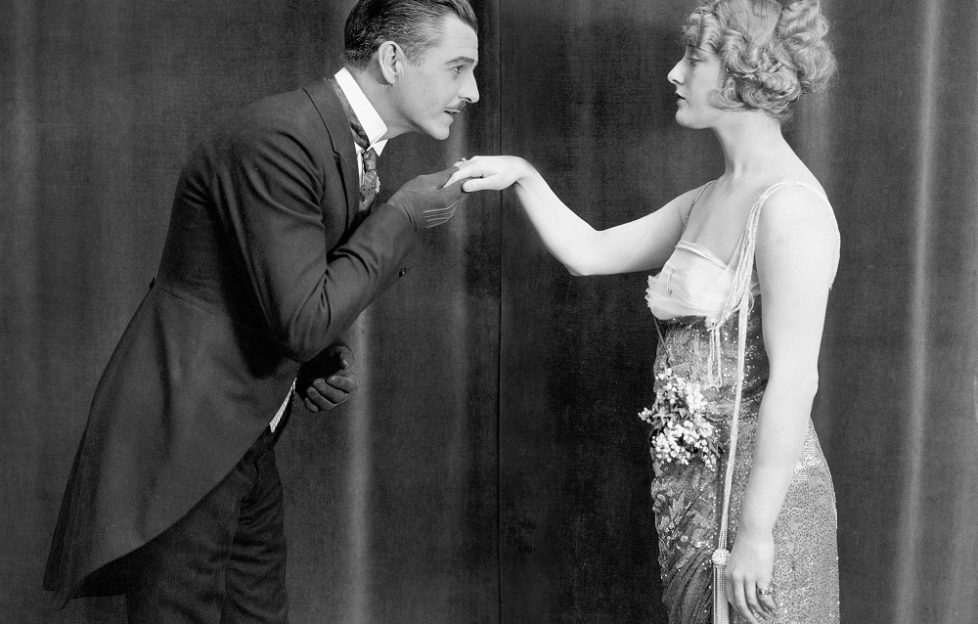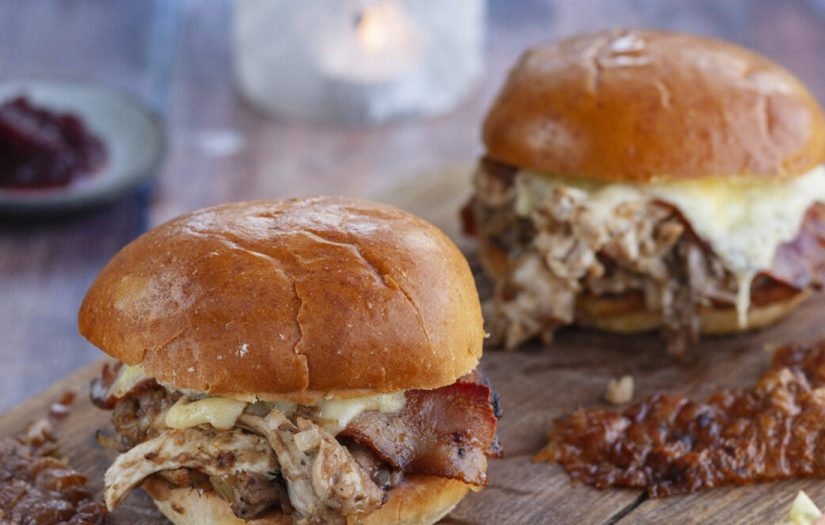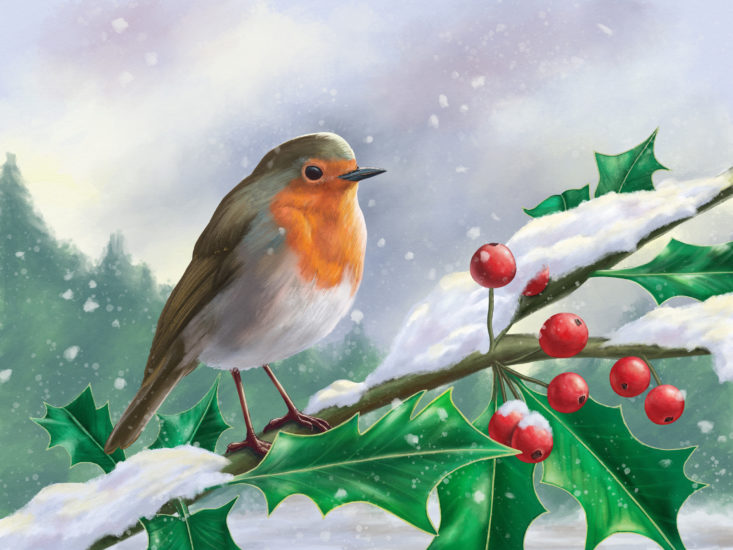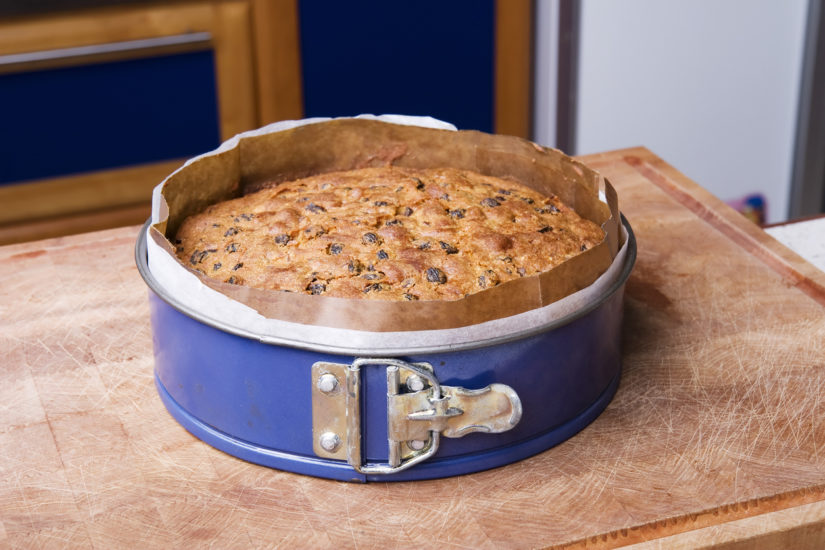 Shutterstock / Everett Collection©
Shutterstock / Everett Collection©What do you think of the state of modern manners?
I’m just reading a book called “Manners: A Modern Field Guide” for an upcoming interview in the PF. It’s absolutely fab.
The authors are keen to stress this isn’t about which fork you use for fish, or what dress you wear for six o’clock drinks.
“In an increasingly ungracious world, good manners are about aspiring to graciousness and navigating a sometimes rocky path with ease, charm and a little élan,” is how one of the authors describes the book.
They argue that times change, and manners need to be flexible to accommodate this — but that the essence of manners is kindness and consideration, and these are important as they ever were.
Society is a lot less formal than it used to be, and I don’t even know if some of the rules I was taught growing up are still relevant. But most of us who grew up with an awareness of manners are aware when someone else doesn’t follow the rules you expect them to!
I’ve Got New Rules

Shutterstock.
I was taught to always walk on the outside of the pavement if someone was approaching the other way (it was politest to put yourself in the most dangerous part of the pavement), and heaven forbid if our headmaster ever caught us walking side by side, forcing someone to squish by us!
The book suggests that technology requires a whole new set of rules.
Is it OK to check your phone when you’re with other people? What about putting your phone on the table in front of you at dinner or in a meeting? Is it OK to text somebody after 9 p.m.?
There’s plenty about modern technology that has improved our lives — goodness knows how much harder lockdown would’ve been without video calls and the like — but is it also making us less “present” in our daily lives?
I must admit, I quite liked it when you made plans to see people on specific days and times . . . and outside of those times, you had your own space to yourself, completely.
I would never talk to anyone but my family on Sundays, for example, and we’d all watch “Last of the Summer Wine” together with a plate of hot crumpets in the evening.
Maybe I was a bit old before my time, but we were all “present” in that moment together. It was nice.
So Simple

Shutterstock.
Most manners are just common sense, you would hope.
Not playing music so loud your neighbours can hear it, not making noise at anti-social hours — and the book takes for granted some of these obvious kindnesses.
Sometimes there are a few grey areas, though.
There was one tip I thought useful. If you’re staying with somebody or visiting them, and they offer a choice of food or of entertainment, pick one! They argue that saying you don’t mind is tantamount to saying you don’t care which is, of course, rude.
I don’t think people mean to be rude by doing that, but it does put a bit of pressure back on you, the host.
Anyway, if you’re looking for a few tips or a refresher course in managing modern life with a bit of style and grace, I can highly recommend this book! And keep an eye out for an interview with the two authors in a coming issue . . .
For more from Alex’s Features Ed blog, click here.




